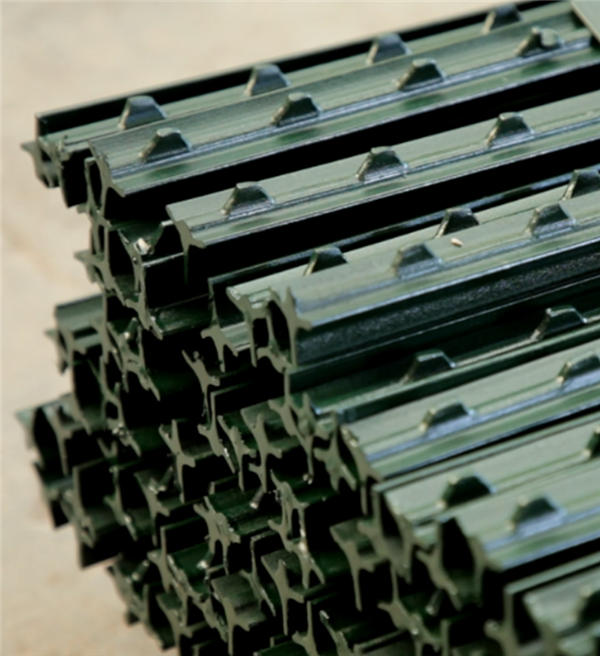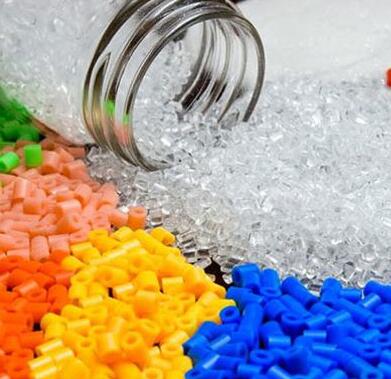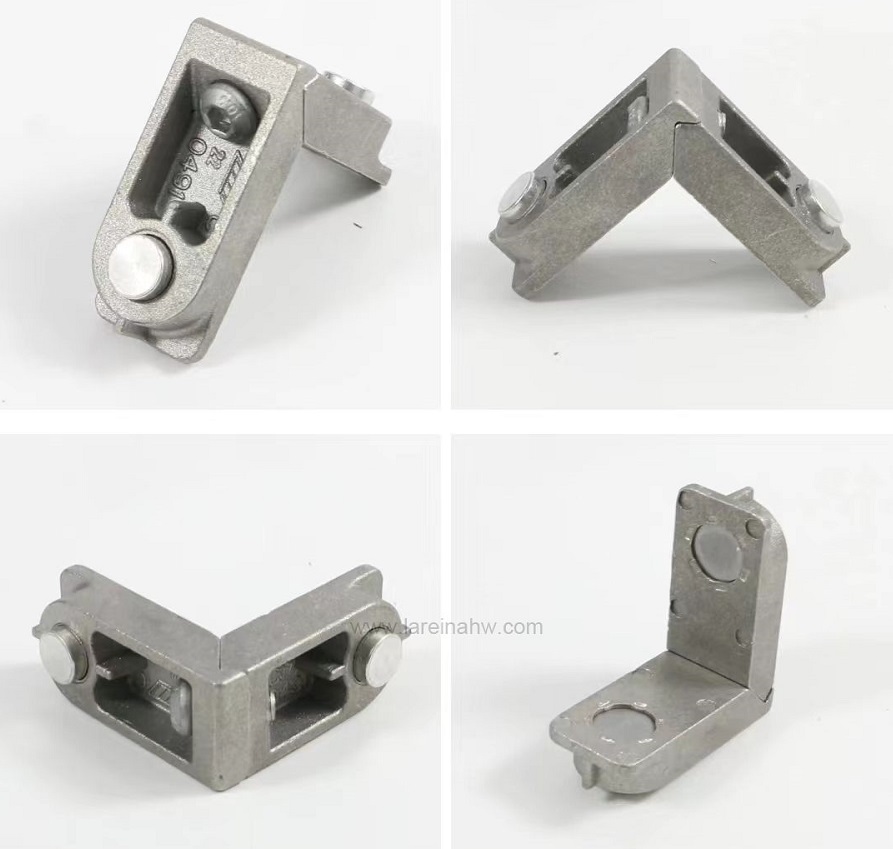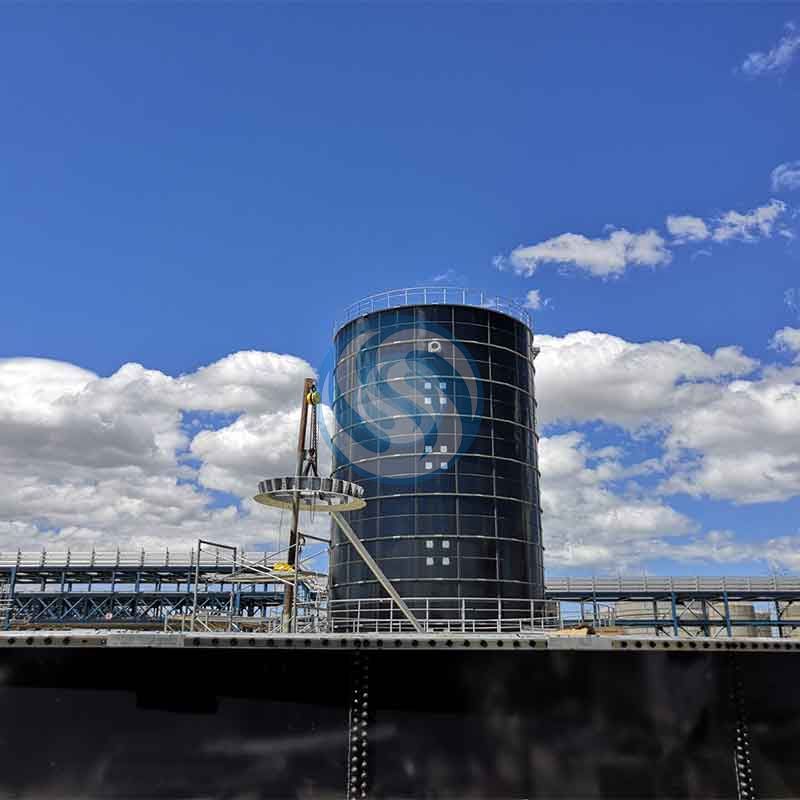Reasons to Specify a Geomembrane Liner Instead of Natural Clay
Jun. 20, 2024
When designing a pond or lagoon, preventing leaks is a major concern. However, determining the best geomembrane liner for your project can be an extremely daunting task. You have to decide between reinforced and unreinforced geomembranes, which material and thickness is best, and between a myriad of other physical properties that could play a part in the success of your project. As a result, people oftentimes choose a natural clay liner because it is the less complicated choice.
That being said, natural clay can be a detriment to your pond or lagoon. In some instances, geomembrane liners are installed over the original natural clay after the clay has failed. Below, you will find three reasons why geomembranes are the superior choice when it comes to pond or lagoon liners.

1. Geomembrane Liners Are More Affordable
When it comes to affordability, there are many factors beside product costs that need to be taken into consideration. Installing natural clay is a difficult and time-consuming process that can cost you much more in labor fees than if you were to install a geomembrane. Natural clay can also be rather expensive to transport to the installation site.
The real cost of a liner system has several components other than material cost. These include costs related to installation, maintenance, repair, longevity of product, terms of warranty, and liability exposure.
2. Geomembrane Liners Are More Impermeable
When a pond or lagoon is lined, the goal is to achieve an impermeable containment system. This liner system will prevent hazardous liquid from contaminating and coming in contact with the soil’s water table. Leaks can occur with any material, however, they are much less likely to happen when a geomembrane is specified.
Pond liner is an impermeable geomembrane used for the retention of liquids. Most geomembrane liners are engineered to have an impermeability range of at least 1 x 10-10 to as low as 1 x 10-14, while natural clay can have an impermeability of less than 1 x 10-7. Natural clay is also more susceptible to leaks due to the installation process. Natural clay installations must take into account the following considerations to minimize leakages:
Featured content:All You Need to Know About Construction Road Mats
Choosing the Right Electric Security Fence
Features and Characteristics of Stainless Steel Window Screens Mesh
Choosing an Angel Headstone: Honoring Loved Ones with Grace and Serenity
Unleashing the Power of Steel Wire Rod in Construction
Choosing the Right Material for Water Supply Pipes: A Comparative Study
The Role of HPMC in Tile Adhesive Formulations: A Comprehensive Overview
● The slope of the pond or lagoon
● How evenly the natural clay must be spread
● What type of soil the natural clay is being spread on
● The exact chemical makeup of the natural clay
Regardless, the natural clay may have to be reinstalled several times over the years to prevent leaks from occurring or continuing to get worse.
3. Geomembrane Liners Have a Proven Track Record
Many geomembrane manufacturers have been in business for at least 30 years and as a result, have proven results for their products. These geomembrane manufacturers will be able to provide you with in-depth knowledge and guidance on pond/lagoon liner applications that you will not necessarily receive from a natural clay provider. The different expert levels comes from the fact that natural clay is not specified as often for lagoons and ponds, so the natural clay providers have less real-life experience. This can be hazardous to your project and budget down the line if a failure occurs with the natural clay.
Overall, geomembrane liners are superior to natural clay when it comes to pond and lagoon liner applications. If you have any specific questions about geomembrane cost, strength, durability, or durability, or would like to discuss your geomembrane project, feel free to contact one of our geomembrane experts.
Featured content:Are Expandable Container Houses Worth It?
Installation Guide for Galvanized Corrugated Steel Plate: Tips and Techniques
How Does the Quality and Durability of Granite Headstones Compare to Other Materials?
W Beam Highway Guardrail: Ensuring Safety on the Roads
HDPE Pipe Floats: The Ultimate Guide to Buoyancy Solutions
Advantages of Using Heat Pumps for Swimming Pool
Exploring the Diversity of Prefabricated Container House Styles and Configurations
136
0
0
None
None
Related Articles
-
253
0
0
-
234
0
0
-
285
0
0
-
577
0
0
-
405
0
0
-
191
0
0
-
189
0
0
-
198
0
0






Comments
All Comments (0)